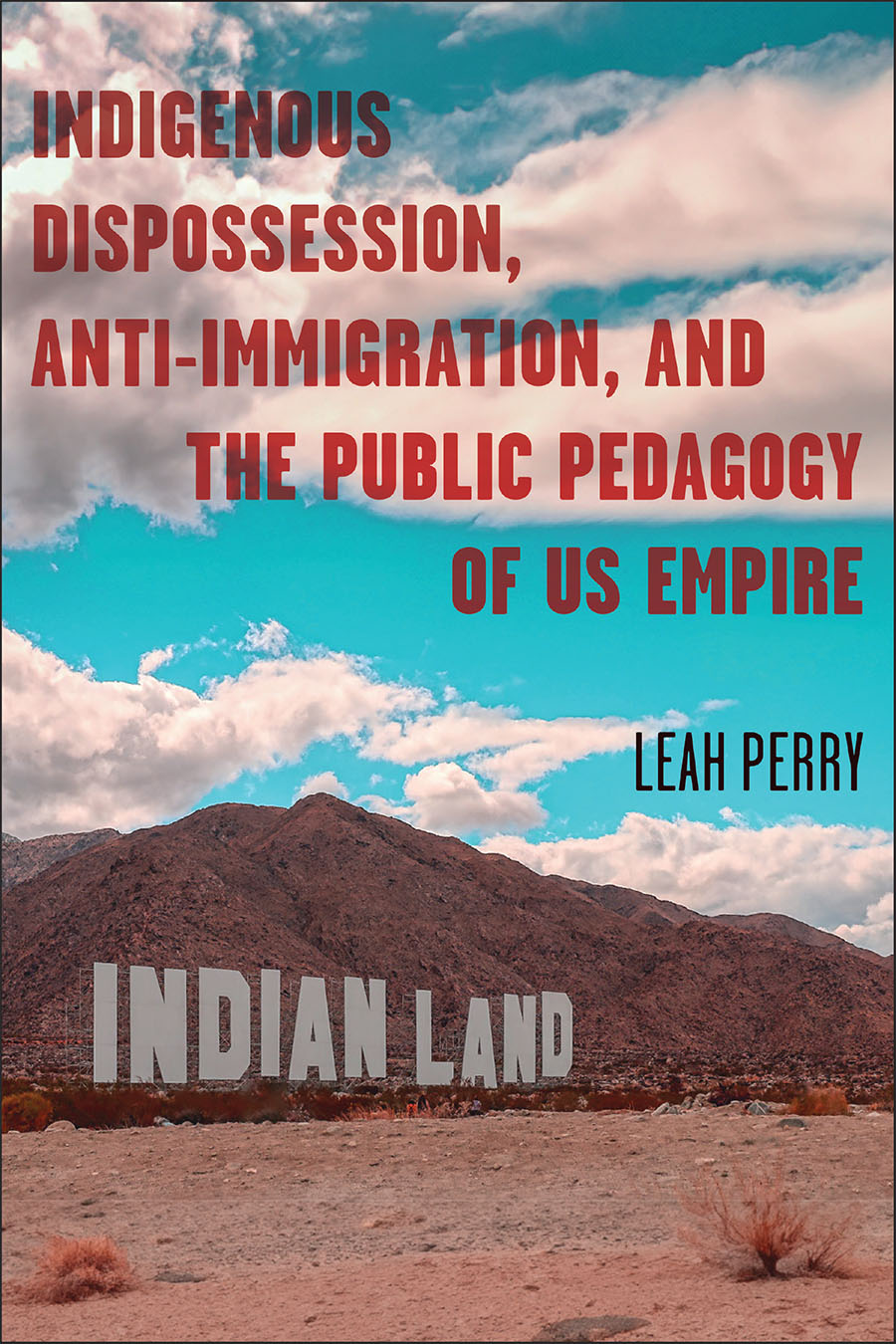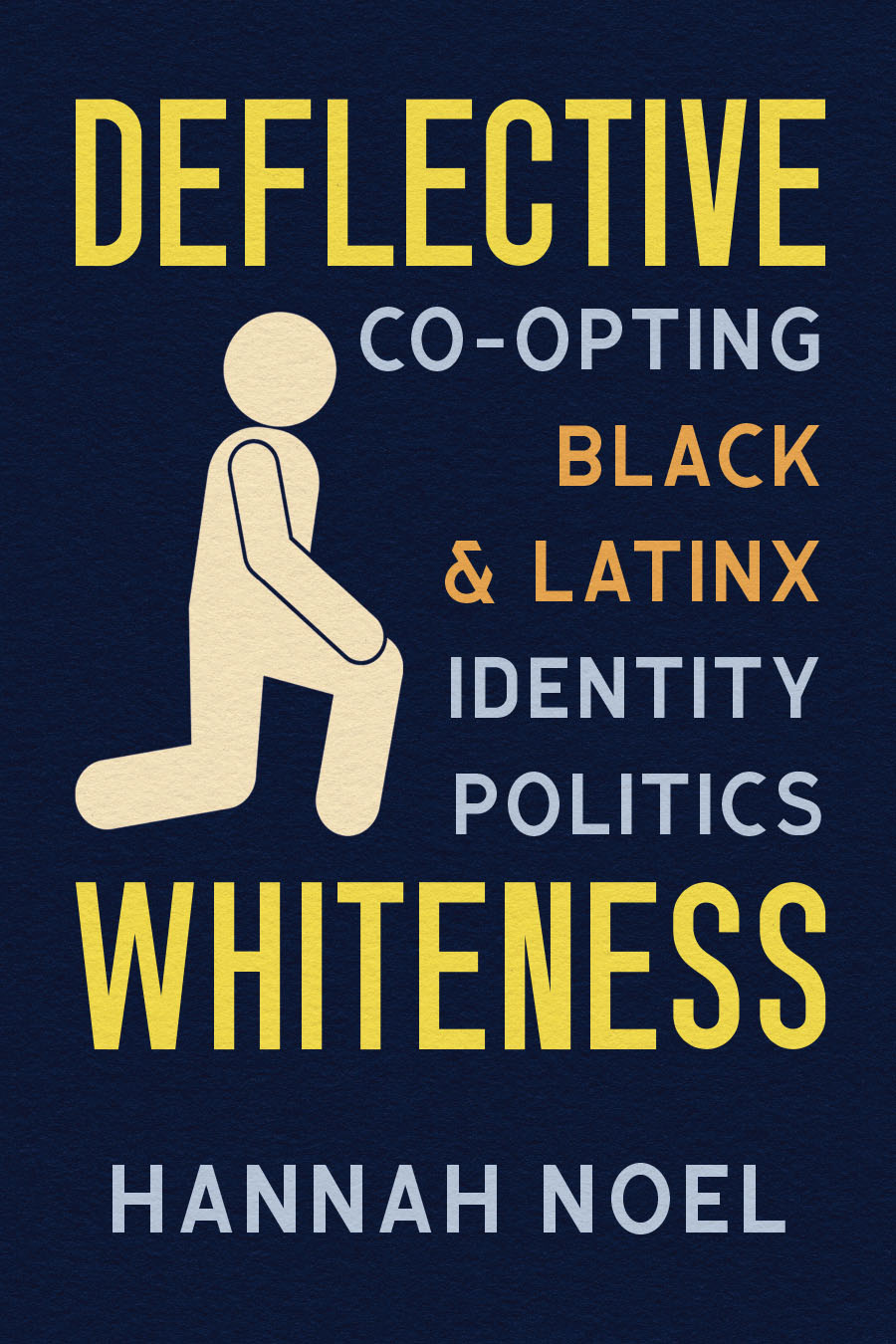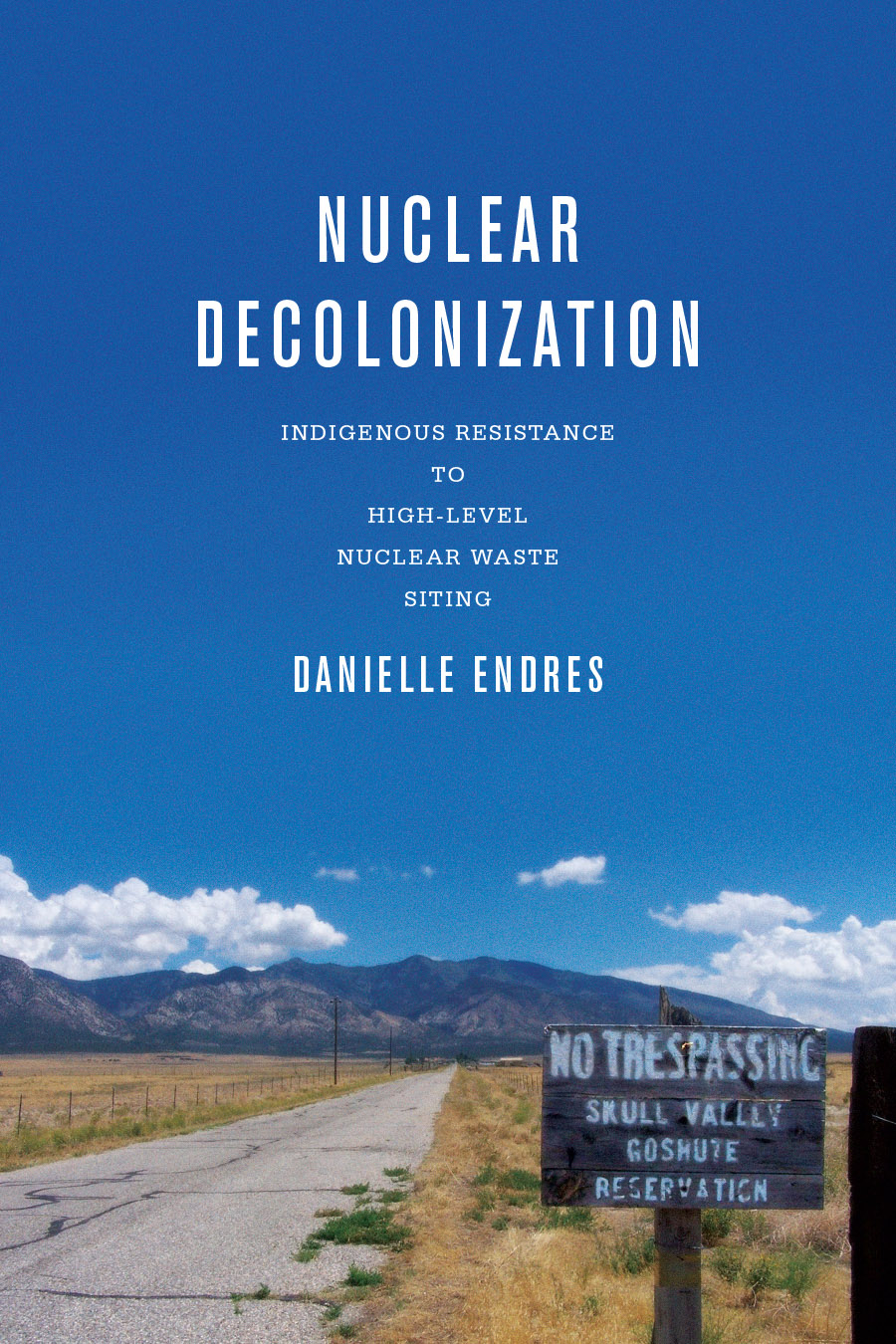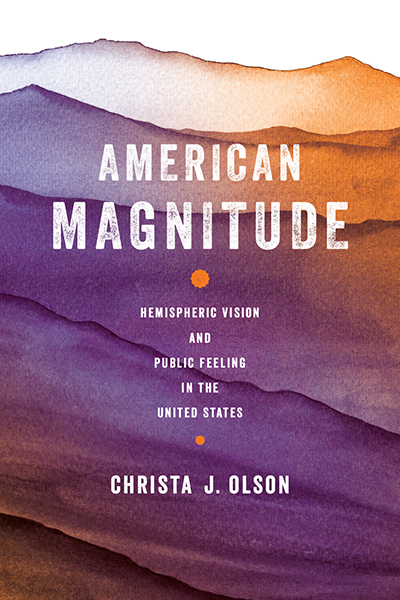Listen to Leah Perry on the culturalstudies podcast
“Perry has composed a well-written and thought-provoking book that illuminates how settler colonialism and anti-immigration are intimately linked. She convincingly illustrates how the United States empire, founded upon Indigenous dispossession and genocide, operates through various forms of public pedagogy, which include gendered and sexualized coloniality and racialized anti-immigration.” —Zackary Qualls, Journal of American Ethnic History
“Bridging Indigenous studies, critical race theory, gender and sexuality studies, and ethnic studies...[Perry] meticulously traces the differences between the United States’ domination of Indigenous nations ostensibly within its own borders and the United States’ policing of external populations immigrating from beyond its borders....A fresh intervention in studies of race, imperialism, and colonialism.” —Jess A. Goldberg, Amerikastudien
“This well-written study draws on various area studies to demonstrate how the structures of settler colonialism remain. A worthwhile intervention in interdisciplinary studies.” —Jennifer Nez Denetdale (Diné), author of Reclaiming Diné History: The Legacies of Navajo Chief Manuelito and Juanita
“Perry offers a nuanced exploration of the intricate interconnections between Indigenous displacement, racialized anti-immigration agendas, and the enduring mechanisms of US empire across North American history. Through meticulous analysis of policy and media, Perry uncovers the entangled narratives shaping American identity and power structures.” —C. Joseph Genetin-Pilawa, coeditor of Beyond Two Worlds: Critical Conversations on Language and Power in Native North America
From the founding of the United States, enduringly consequential debates over Indigeneity and immigration have occurred on the battlefield and in Congress, in courtrooms, at territorial borders, and in mainstream culture. In Indigenous Dispossession, Anti-Immigration, and the Public Pedagogy of US Empire, Leah Perry traces the ways that the US created its empire through public pedagogies—which she defines as policy and media discourses—surrounding Indigenous dispossession, gendered state violence, and racialized immigration. These pedagogies have propelled the expansion of US empire, including the redrawing of the US as a neoliberal democracy. Perry argues that by changing the discourse around gender, race, immigration, and Indigeneity, the United States has continued its imperial project through different eras, always predicated on Indigenous dispossession.
In exploring crucial components of empire, such as welfare, eugenics, disability, sexual violence, foodways, queerness, and policing, Perry interrogates violence against Indigenous peoples and against immigrants, examining these not independently—as is so often the case—but as co-constitutive. Indigenous Dispossession, Anti-Immigration, and the Public Pedagogy of US Empire thus intervenes in and fills a gap in immigration studies, Indigenous studies, race and ethnic studies, gender and sexuality studies, and US history.
Leah Perry is Professor of Literature, Communication, and Cultural Studies at SUNY Empire State University and a former Fulbright Scholar to Hungary and Romania. She is the author of The Cultural Politics of US Immigration: Gender, Race, and Media.
Contents
Acknowledgments
Introduction The Public Pedagogy of US Empire
Chapter 1 Proximal Public Pedagogies: Native American Law, Immigration Law, and Media
Chapter 2 “Entitlement” Warfare: Welfare and Remapping National (B)orders
Chapter 3 US Culture Is Always-Already Rape Culture
Chapter 4 Food, Farming, Fat, and National(ist) Dyspepsia: Revolting Indigenous and Immigrant Foodways
Conclusion Queer Empire and the Public Pedagogy of Decoloniality
Bibliography
Index





